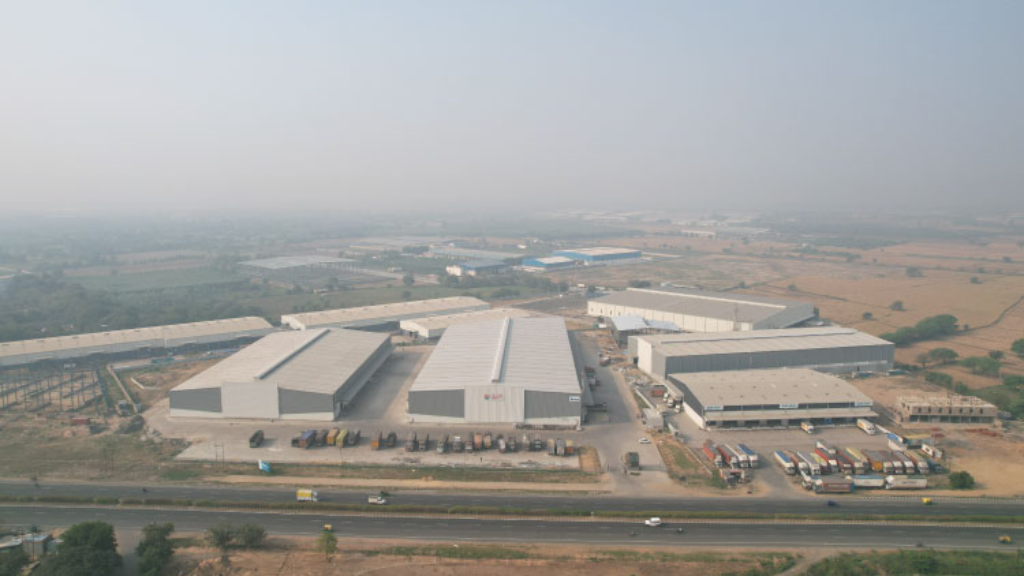Streamlining Supply Chains: The Vital Role of Transportation in Logistics Operations

Transportation is significantly important in supply chain management. It helps move goods efficiently from manufacturers to end consumers, transportation contributes significantly to customer satisfaction, cost optimization, and overall profitability. Let’s take a closer look at the most important parts of transportation in supply chain management.
1. Importance of Transportation
- Vital Component: Transportation is a crucial part of supply chain management, alongside purchasing and manufacturing.
- Smooth Flow: Its main goal is to make sure that products move smoothly from one location to another, starting from the moment raw materials arrive at the warehouse and continuing until the customer receives their order.
- Business Impact: Efficient transportation management plays a vital role in determining the success of a company. It not only helps in reducing transportation costs but also enhances the overall productivity of the organization.
2. How Transportation Works in Supply Chain Management
- Origin to Destination: Transportation plays a crucial role in supply chain management as it ensures the seamless movement of goods from the origin to the destination.
- End-to-End Delivery: It starts at the beginning of the supply chain when raw materials are transported to the warehouse and continue to the end-to-end delivery of products to end users.
3. Supply Chain Transportation Risks
- Driver Shortages: The trucking industry is facing a shortage of drivers, which poses a significant challenge for transportation companies. Aging trucker demographics contribute to this challenge. This driver shortage may result in increased costs and delayed shipments.
- Fluctuation of Fuel Prices: One significant risk is the fluctuation of fuel prices, which can lead to increased operational costs and impact profit margins.
- Changing Government Policies: Another risk to be aware of is changing government policies, which can result in regulatory compliance challenges and disruptions in transportation operations.
- Infrastructure Challenges: Deteriorating infrastructure poses risks to transportation efficiency. Poor road conditions, outdated ports, and insufficient rail networks can lead to increased transportation costs and delays in shipments. This can have a direct impact on the supply chain and the end customer.
4. Mitigating Risks and Staying Competitive
- Technological Advances: To remain competitive and mitigate risks, companies need to stay updated with the latest technological advances.
- Driver Training: provide regular training to their drivers to ensure the use of the latest security tactics and software.
- Sustainable Practices: Embracing sustainability practices to reduce environmental impact.
In summary, Transportation is crucial for supply chain operations, ensuring goods move smoothly and affecting overall business success. Understanding its importance and managing associated risks helps companies improve their transportation strategies for better outcomes.
LP Logiscience is a leading warehousing company in India, focusing on innovation and sustainability. We offer multi-client facilities for various industries, including specialty chemicals, cosmetics, and electronics. Our customized solutions and commitment to sustainability drive our operations, as we constantly invest in research and development to minimize environmental impact. We embrace new technologies to enhance efficiency and reduce waste in the warehousing industry.
